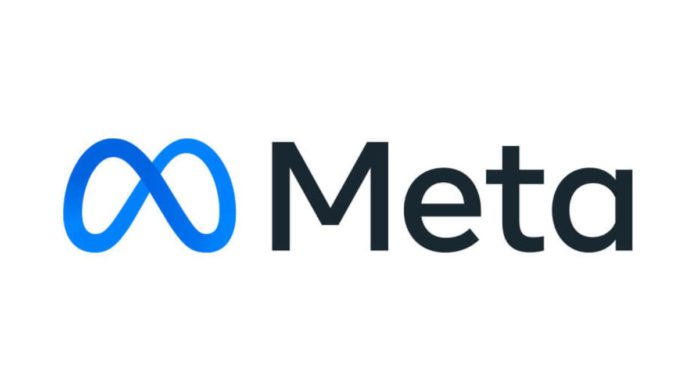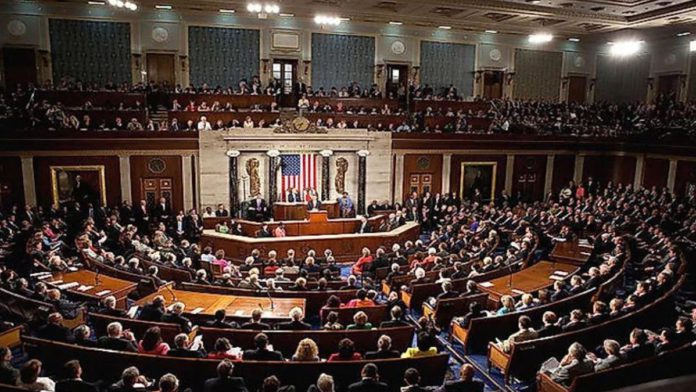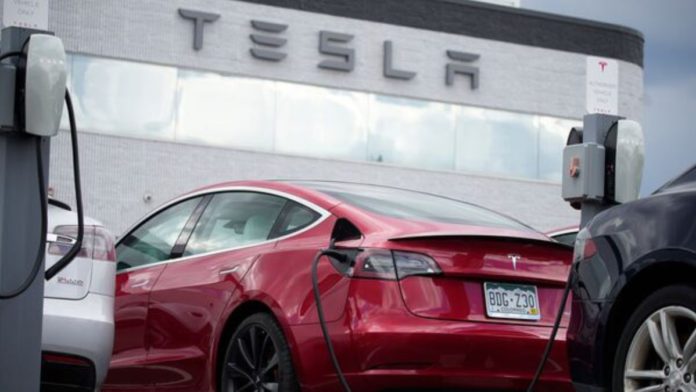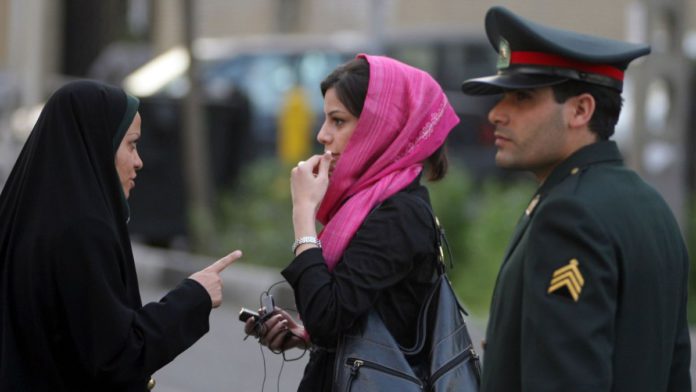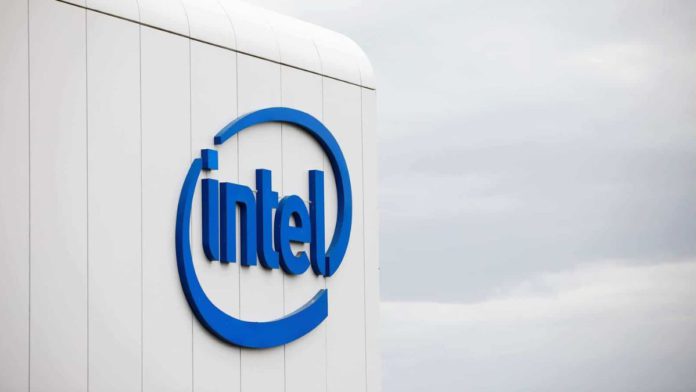Meta Platforms signed an agreement to have chip-maker Qualcomm produce custom chipsets for its Quest virtual reality (VR) devices, the companies announced at a consumer electronics conference in Berlin on Friday.
They said that both companies’ engineering and product teams would work together to produce the chips powered by Qualcomm’s Snapdragon platforms. The agreement shows the dependency of Meta until last year on Qualcomm’s technology, even as it tries to develop custom silicon of its own for its virtual, augmented, and mixed reality devices.
Meta is still in the early stages of the metaverse, and this sort of deep technical integration will help VR move towards being a multifunctional computing platform. Meta has been investing heavily in technologies like pass-through goggles and augmented reality glasses as it tries to bring to life Zuckerberg’s vision for the metaverse, a concept involving an immersive set of digital worlds.
Read More: US Congress Has No Plan To Ban Cryptocurrency, Says Congressman
It has relied on Qualcomm’s chips for its VR devices for years, including its latest Quest2 headset. The chipsets produced through the collaboration will not be exclusive to Meta, but will be optimized specifically for Quest’s system specifications, told Meta spokesperson Tyler Yee.
The financial terms of the deal were not disclosed. The agreement covers only VR devices, Yee said, and Meta will continue working to develop some of its silicon solutions.
There could be situations where we use off-the-shelf silicon or work with industry partners on customizations while exploring our novel silicon solutions. There could also be scenarios where we use partner and custom solutions in the same product, said Yee.


